.jpg)
The Marine Science Centre at the University of Basra organised a training course entitled 'Domestic Water Treatment Systems: A Scientific Perspective”.
Presented by Dr Mohammed Thiab Khalif, a lecturer at the Centre, the workshop covered an intensive training programme on the seven-stage reverse osmosis (RO) domestic water treatment system and highlighted its vital role in securing clean drinking water in the province of Basra.
The system consists of seven integrated steps, beginning with the filtration of sediments and impurities, followed by two stages of activated and compressed carbon to eliminate chlorine, pesticides and odours. The system's effectiveness in Basra hinges on the fourth stage (reverse osmosis), which desalinates the water by removing up to 99.5% of dissolved salts and heavy metals. The process concludes with taste improvement, the addition of healthy minerals, and UV sterilisation to kill any remaining microbes.
Environmental experts emphasise that adopting this system has become a necessity rather than a luxury in the province as it provides a safe, continuously sterilised water source. It also serves as a health and economic shield, reducing dependence on bottled water and protecting individuals from the health effects of high salinity and microbial contamination in some local water sources.
Marine Science Center Media
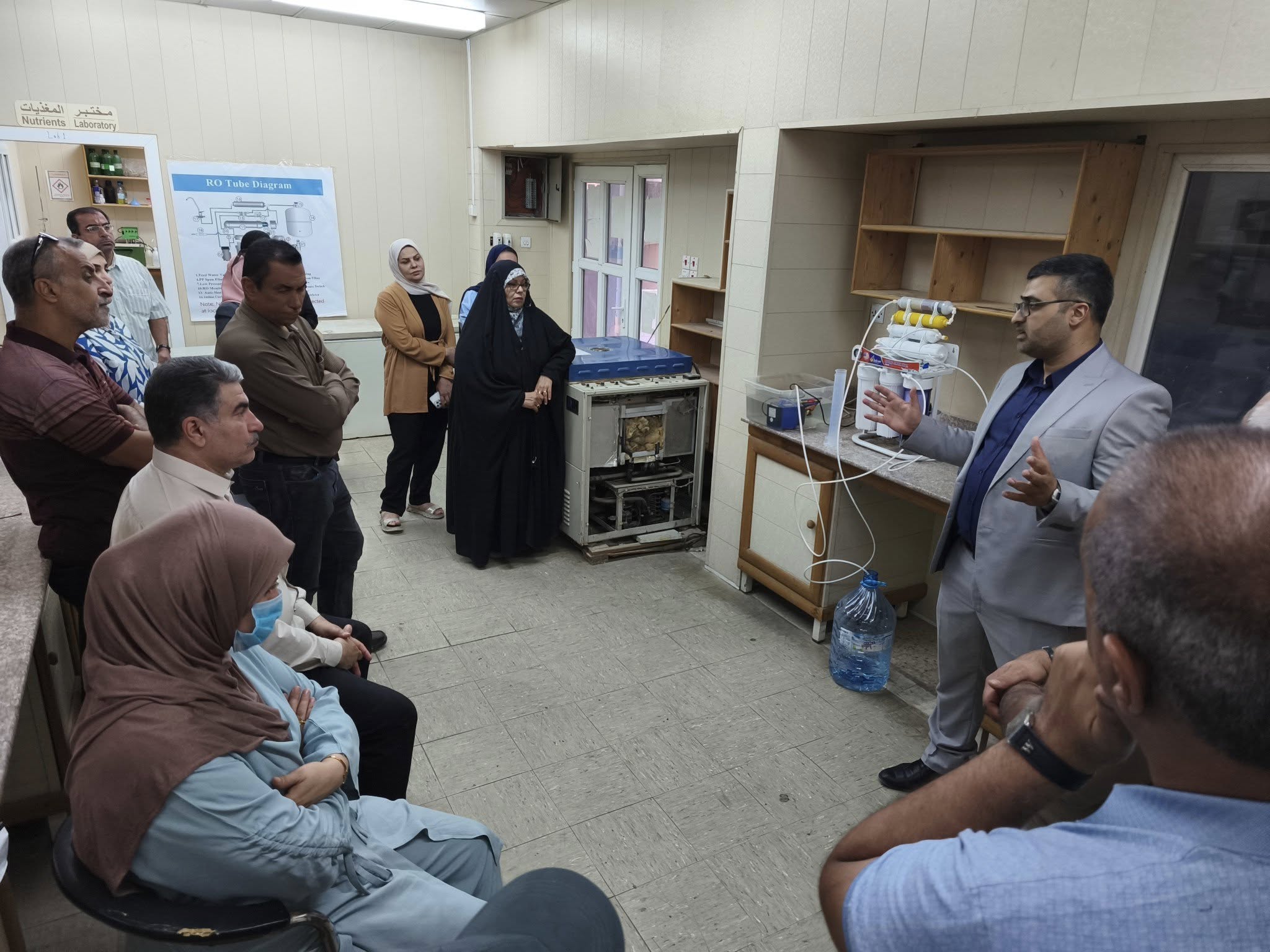

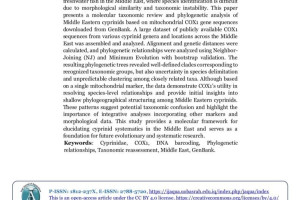
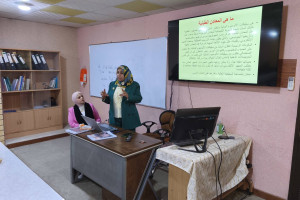
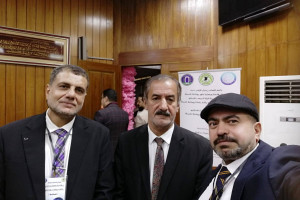
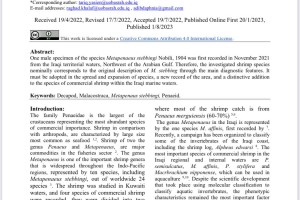
.jpg)
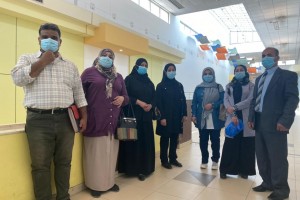
.png)